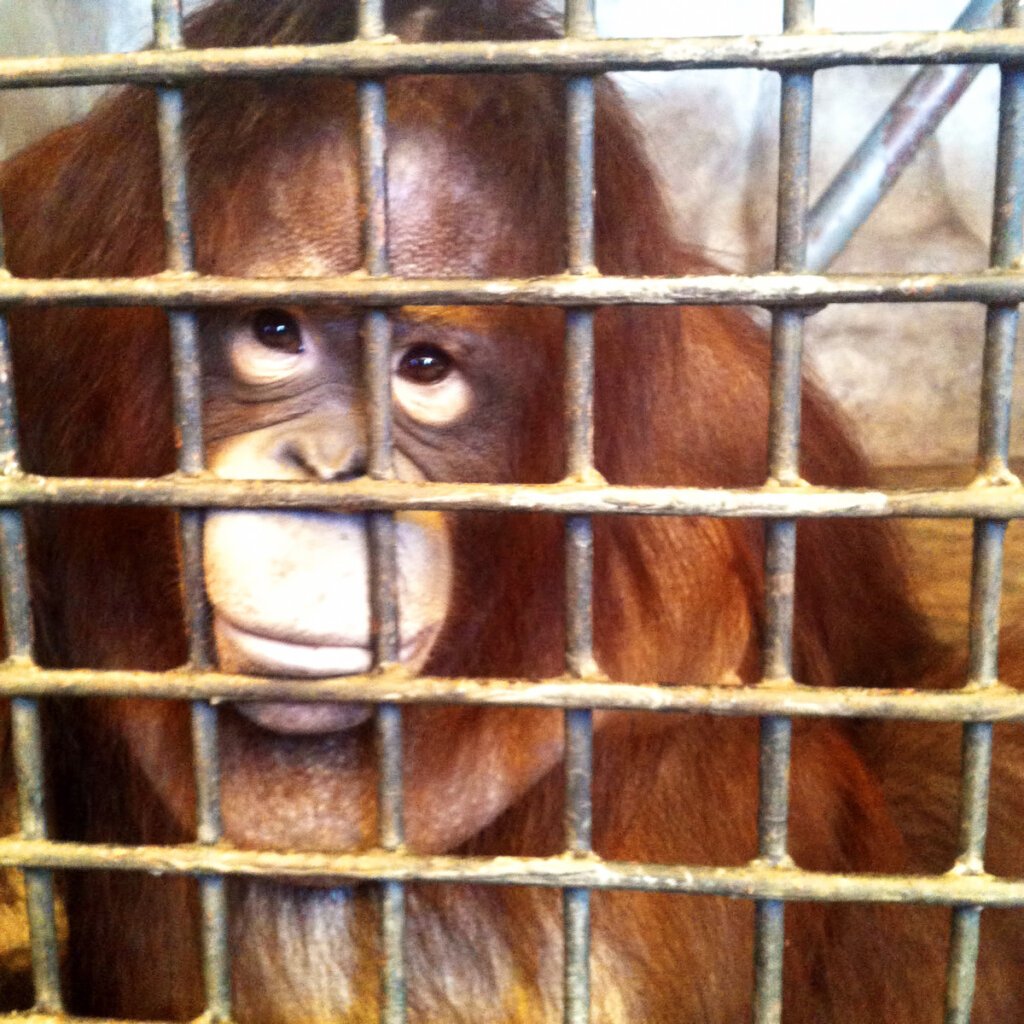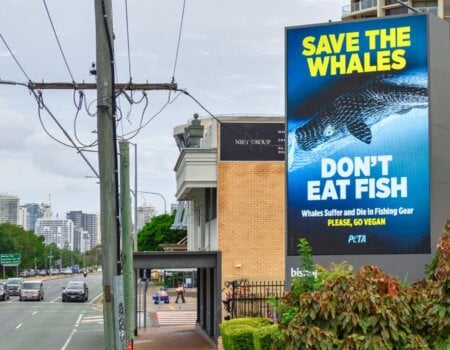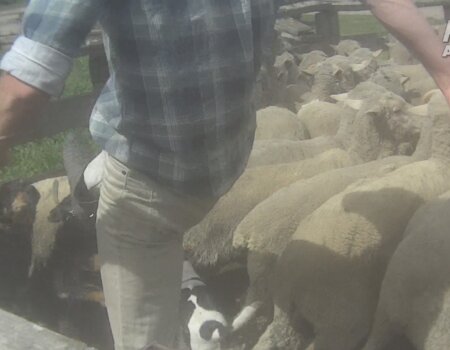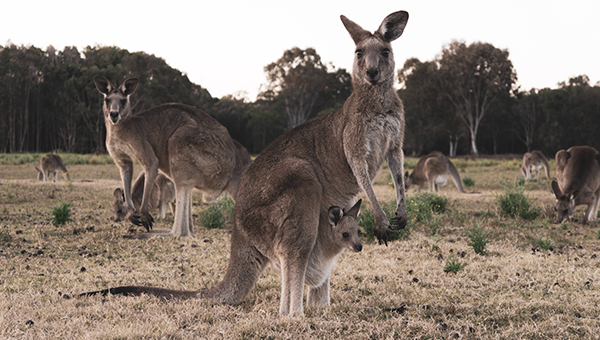
Victory for Kangaroos: Processing Facility Rejected!
After animal lovers all over Australia spoke out, the Loddon Shire Council in Victoria rejected plans to turn an abandoned abattoir in the area into a facility that skins and butchers kangaroos.
PETA submitted a petition with 7,000 signatures to the council last September, with concerns that approval of such a facility would encourage the growth of the disgraceful kangaroo-hunting industry.
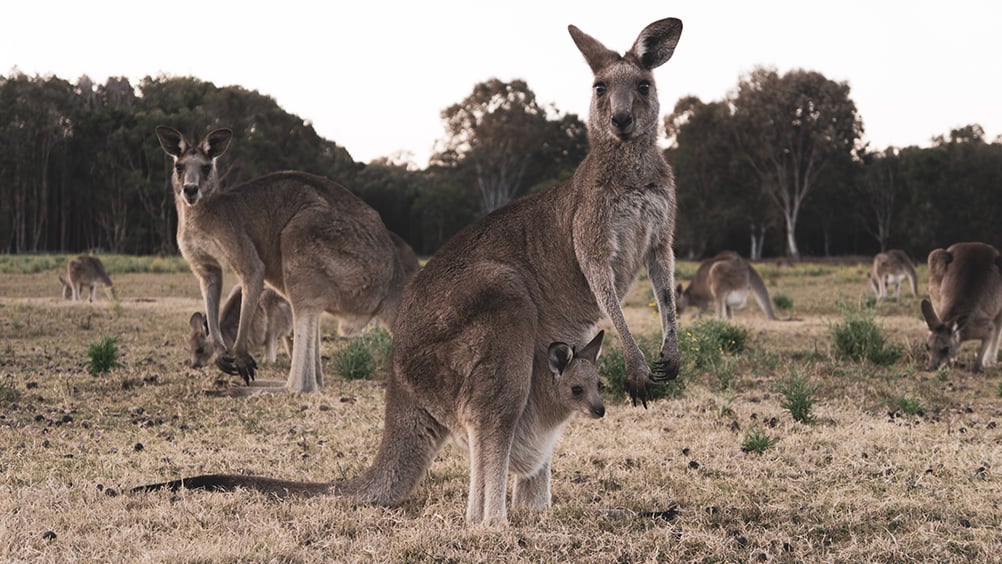
Cruel Kangaroo Slaughter
In Australia, millions of kangaroos are hunted and killed every year. The national Code of Practice for kangaroo hunters requires a lethal shot to the head, but up to 40% of commercially shot animals are hit in the neck or elsewhere on the body instead, causing prolonged and intense suffering.
The Code of Practice also requires that hunters shoot “at-foot joeys” and decapitate or “crush the skull and destroy the brain” of pouch young, meaning that most joeys’ heads are swung and smashed against hunting vehicles to kill them. Even worse, many dependent young kangaroos are left in the field, where they’re at risk of exposure, starvation, and predation.
In addition, population estimates have been widely questioned by macropod specialists, ecologists, and wildlife advocates, who believe the number is inflated. The Australian Wildlife Protection Council and the Coalition for the Protection of Kangaroos believe commercial harvest quotas are too aggressive and that continued hunting could eventually put some species at risk. Of course, whether they are endangered or not makes no difference to the animals being hunted and slaughtered.
Australia’s Wildlife Trade Could Cause Another Pandemic
In our petition, we also voiced concerns about the risk of zoonotic diseases that Australia’s kangaroo slaughter industry poses.
Australia’s kangaroo-meat trade resembles the trade in wildlife flesh in China that sparked the COVID-19 pandemic. Kangaroos are often “dressed” in the field and transported on unrefrigerated open trucks. A two-year investigation conducted by the Wildlife Protection Association of Australia and Animal Liberation NSW found that many of the carcases stored by the kangaroo-meat industry were contaminated with dangerous bacteria, including E coli, streptococcus, and staphylococcus.
What’s Next?
We’re objecting to planning applications that would lead to the abuse of animals wherever we see them. Join our activist network to stay informed about ways you can help us protest the next one:
Help Animals in 2025: Renew Your PETA Membership!
